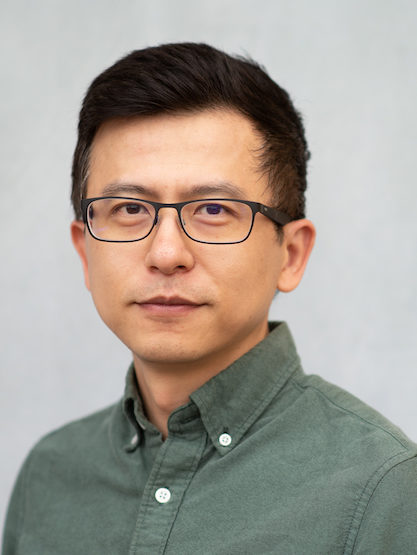
Dementias
Delving deep into the brain to understand dementias
Dementia is an umbrella name for a group of diseases that affect memory and cognition. More than 55 million people worldwide have dementia*.
Dementia disorders typically affect older people and become progressively worse over time. In some diseases, the processes that give rise to dementia may start a decade or more before symptoms appear. Although a person may not show outward signs during this time, changes in the brain — such as the development of tangles and plaques — can occur and cause damage that leads to symptoms.
Alzheimer’s disease is the most common neurodegenerative disorder in the world and the most common type of dementia. Its symptoms include progressive loss of memory and cognitive abilities. Another example of dementia is frontotemporal dementia. Although rarer than Alzheimer’s, these devastating diseases share common features that may help us better understand and, one day, better treat multiple types of dementia.
At VAI, our scientists are tackling dementias from multiple angles with the goal of informing breakthrough new treatments. These efforts include:
• Sleuthing out epigenetic changes that may propel disease progression
• Understanding the broader landscape of dementias
• Exploring how the brain’s structure itself may protect against or promote disease
By the numbers
Dementias
- 55M People have dementia worldwide*
- 5.8M People in the U.S. have Alzheimer’s, the most common type of dementia**
- 10M Annual number of new dementia cases diagnosed worldwide
VAI faculty who study dementias

Michael Henderson, Ph.D.
Associate Professor, Department of Neurodegenerative Science; Director, VAI Brain Bank
Protein Pathologies and Genetic Risk in Neurodegeneration

Laurent Roybon, Ph.D.
Associate Professor, Department of Neurodegenerative Science; Director, MiND iPSC Program
Patient-Based Models of Neurodegenerative Diseases

Yang Yang, Ph.D.
Assistant Professor, Department of Structural Biology
Structural Basis for Neurodegenerative Diseases

Qiang Zhu, Ph.D.
Assistant Professor, Department of Neurodegenerative Science
Genetics, Epigenetics and Therapeutic Innovation in Neurodegenerative Diseases




